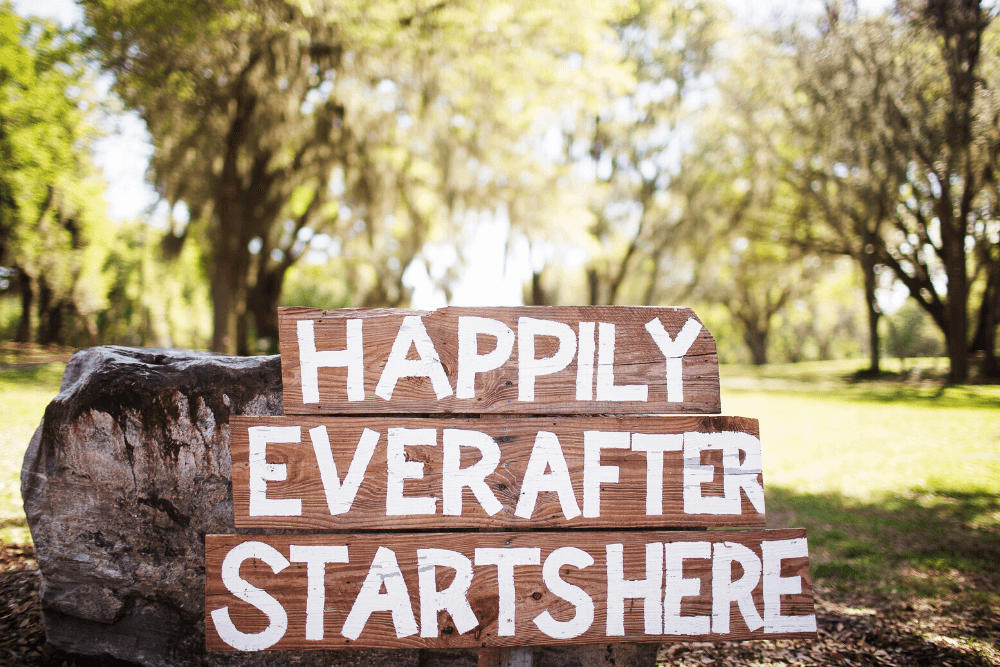
So… You’re planning on shacking up together or preparing to walk down the aisle… While you’re hoping to live happily ever after, you’re probably aware that around 50% of marriages end in divorce. If you or your partner have assets or savings, considering a prenuptial agreement is smart and could save you a lot of stress and pain if things don’t work out the way you hope…
Before we get started, we must address one of the most common misconceptions around separation and divorce – that is that everything will be split 50/50 in the event a defacto relationship or marriage ends. While this is the case in some instances, it certainly isn’t something that happens across the board or a blanket rule.
Who should get a prenuptial agreement?
Not all that long ago, people used to think that prenups were only for the super-wealthy. But the reality is that even us ‘ordinary folk’ have assets and savings that we want and need to protect – particularly those entering relationships in their 30s, 40s and 50s.
You need to get professional legal advice to see whether or not a prenup is appropriate for your personal situation. However, generally speaking, prenuptial agreements are a good idea if you or your partner:
- Have assets – savings, investments, property, businesses, inheritances etc.
- Have liabilities – debts or financial obligations of any kind, from mortgages to credit card debt to child support.
- Are likely to receive an inheritance, be awarded damages, or come into a significant amount of money.
- Have a family member who may provide financial assistance (e.g. deposit to purchase a home) during the relationship.
Why should we get a prenuptial agreement?
By getting a prenuptial agreement in place before you get married or move in together, you can and your partner can:
- Protect your assets in the event that things don’t work out the way you’ve hoped.
- Prevent an ugly and costly separation.
- Make sure you’re both on the same page regarding what is expected of one another.
How do you get a prenuptial agreement?
While you and your partner could try and draft an agreement yourselves, chances are it won’t be legally binding or worth the paper it’s written on. To ensure that your prenup is legally binding, you should get an experienced family lawyer to prepare it.
It is important to keep in mind that all agreements have the potential to be set aside, so to ensure that your agreement has the best legal protection available, we recommend:
- Both parties (you and your partner) get independent legal advice from an experienced family lawyer.
- Ensure that both parties have properly disclosed all their current and potential assets.
- If there is an unequal asset distribution at the commencement of the relationship, some financial benefit is granted to the other party depending on the length of the relationship.
- If English is a second language (for one or both parties), an interpreter or translator is used to ensure they fully understand the documents before signing.
- The agreement is reviewed if you have children or your circumstances change (e.g. one person can no longer work).
Where to start
The best place to start is by talking to an experienced family lawyer – like Lakey Family Law. We can provide you with advice specific to your situation, assist with preparing your pre-nuptial agreement and even offer mediation to help you and your partner work through any differences that arise.




